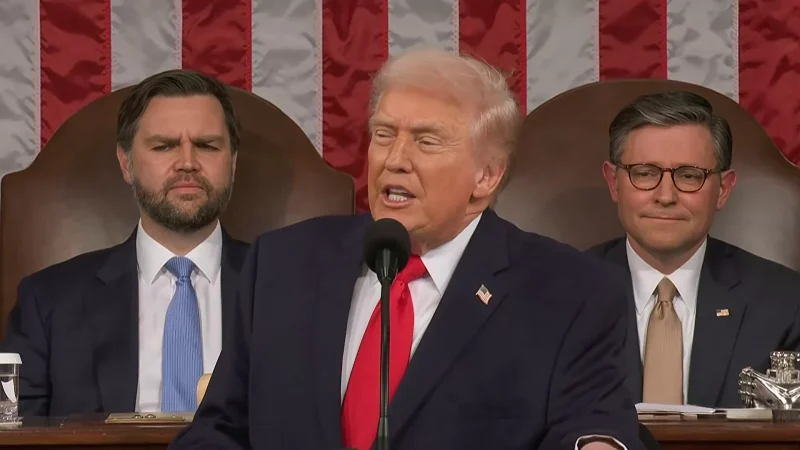
By Phil Riske | Rose Law Group Reporter
STATE CAPITOL – The Arizona Senate on Thursday forwarded for third reading legislation that would establish state authority over proposed standards for residential energy efficiency levels as set by national codes.
In Arizona there is no mandatory statewide residential or commercial energy code; however, Laws 2001, Chapter 340, established guidelines as the basis for a voluntary statewide energy code.
The bill (SB 1321) would prohibit counties, cities, towns or other political subdivisions from further regulating residential energy consumption or energy efficiency.
Complaining the measure is restrictive and would make energy efficiency more difficult to achieve, Sen. Steve Farley, D-Tucson, failed in his amendment to provide what he said was flexibility in the efficiency codes.
“It sets back the cause of the builders” to decide how to meet energy codes, Farley said.
Two international codes establish minimum design and construction requirements for energy efficiency residential structures. Both codes, originally released in 2000, are amended every three years. The Home Energy Rating System (HERS) Index as a measure of home energy efficiency is based on comparison of a residence to a theoretical reference home of the same size and shape as the actual home being measured.
The bill stipulates a residential building rated with a HERS score of 75 or lower be considered compliant with legal requirements for energy efficiency or conservation established by a municipality, including building codes and ordinances.
The bill also is opposed by the Homeowners Association of Central Arizona, Sen. President Andy Biggs, R-Mesa, said, and Sen. Kelli Ward, R-Lake Havasu City, said homebuyers should be able to decide how their houses would meet mandated efficiency standards.






